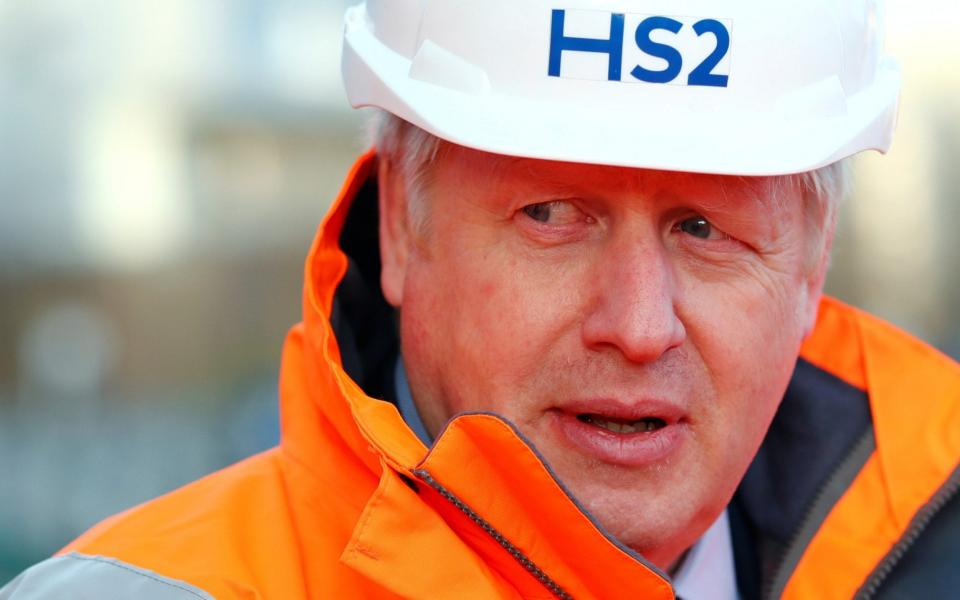New concern over HS2 leg to Leeds

Campaigners have urged Boris Johnson not to abandon a high-speed rail link connecting Leeds to London after the Queen’s Speech stoked fresh fears that the £32bn eastern branch of HS2 could be axed.
Ministers will press ahead with the western portion of HS2 which will link Manchester to the capital in a new bill unveiled alongside today's speech setting out the Government's agenda.
However, no reference was made to legislation for the more expensive and complicated Phase 2b of the project, due to stretch up to Leeds from a fork in the line at Birmingham.
Tim Wood, boss of Transport for the North, said: “It is essential now that the North gets certainty on the delivery of HS2 Phase 2b in full, on both sides of the Pennines, so that our communities are fully connected to the nation’s high-speed network.
"Northern Powerhouse Rail and HS2 are two parts of a whole and both are fundamental to the transformative change we need to release the North’s economic potential and cut carbon emissions.”
Speculation has been growing in Whitehall that the eastern spur is on the chopping block amid concerns over the snowballing cost of the project.
The Prime Minister’s own adviser, the National Infrastructure Commission, has said that regional links should be prioritised before deciding whether the HS2 eastern leg is necessary.
Ministers are preparing to publish the Integrated Rail Plan, which will set out the Government’s priorities for upgrading and building new train lines.
A government spokesman said: “We are committed to delivering the benefits of high speed rail to passengers and communities in the North and Midlands.
“Our Integrated Rail Plan will set out how projects, including HS2 and Northern Powerhouse Rail, can work together to deliver the reliable train services that passengers need and deserve, as quickly as possible.”
The Government was also warned against “cronyism” and bailouts for failing industries after outlining plans to legislate on subsidy controls following the UK’s break with the European Union’s state aid regime.
The UK spends less than half the EU average on subsidies as a share of GDP, and three times less than Germany, Europe’s largest economy.
Ministers aim to use the new framework to target public investment in disadvantaged areas as well as achieving net zero goals and boosting research and development spending.
The legislation seeks to avoid financial interventions that distort or harm the economy, or a regime that triggers so-called subsidy races between regions or devolved administrations to attract companies.
However, it said the new Bill would allow subsidies “that deliver strong benefits for the UK taxpayer and local communities”.
Mark Littlewood, of the Institute for Economic Affairs, said: “The Subsidy Control Bill gives the impression that the government sees the key benefit of Brexit as being the new opportunity to bail out or subsidise businesses that cannot survive in the market themselves. This is a recipe for cronyism and waste, not for economic renewal.”
